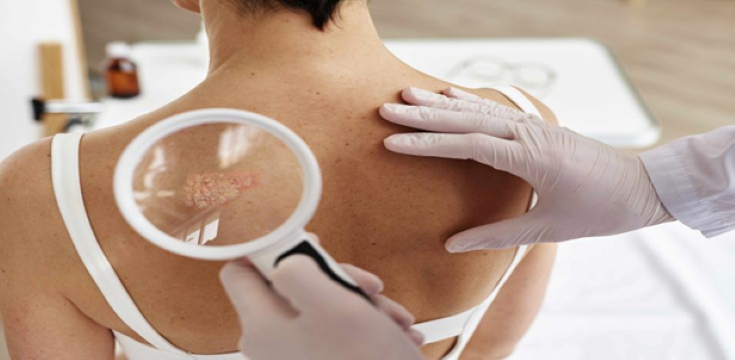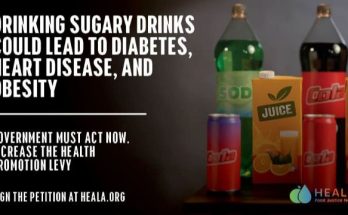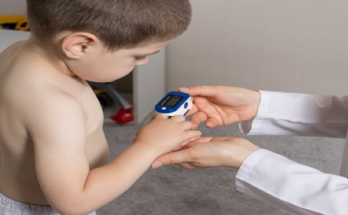Skin cancer remains one of the most common, yet most preventable, cancers worldwide. When detected early, it’s highly treatable and often curable. The disease develops when abnormal skin cells grow uncontrollably, typically due to ultraviolet (UV) radiation from the sun or artificial sources such as tanning beds.
This is one of the few cancers where prevention is truly within our control. By taking sun safety seriously, using sunscreen, wearing protective clothing, and having regular skin screenings, people can significantly reduce their risk and improve early detection outcomes.
People at most significant risk include fair-skinned individuals, outdoor workers, children who spend long hours in the sun, and those with a family history of skin cancer. However, darker-skinned people are not immune; they may even develop cancers in areas with less sun exposure, often diagnosed later when treatment is more complex.
There are three types of skin cancer, and each behaves differently:
Basal Cell Carcinoma (BCC): This is the most common type, and often looks like a small, shiny bump or a sore that doesn’t heal. It rarely spreads to other parts of the body, but can cause serious skin and tissue damage if left untreated.
Squamous Cell Carcinoma (SCC): SCC usually appears as a rough, red, or scaly patch, a wart-like growth, or a sore that may bleed easily. If not treated promptly, it can penetrate deeper into the skin and spread to other areas.
Melanoma: The most dangerous form of skin cancer often starts in an existing mole or appears as a new dark spot. Melanoma can spread quickly to other organs if not caught early and is responsible for most skin cancer-related deaths.
Warning Signs You Should Never Ignore
Skin changes are often the first clue that something is wrong. Recognising these signs and acting quickly can save lives. Watch for:
- A sore that doesn’t heal: Persistent wounds or ulcers should always be checked.
- Changes in a mole: Look for asymmetry, irregular borders, uneven colour, increasing diameter, or evolution over time (the “ABCDE” rule).
- Unusual new growths: Pearly bumps, red patches, or raised lesions that change in size or bleed.
- Dark streaks under nails: These may indicate melanoma, particularly in people with darker skin tones.
- Itching, tenderness, or pain in a mole or lesion: Discomfort is a sign that something may be wrong.
- Unexplained skin changes: Any sudden change in skin texture, pigmentation, or sensitivity.
Early Detection Saves Lives
When detected early, most skin cancers are highly treatable, with studies showing a five-year survival rate of over 90% for early-stage melanoma. However, this drops sharply once it spreads. Regular skin checks are essential. Examine your body from head to toe, use a mirror, and ask someone to check hard-to-see areas, such as your back or scalp. Don’t forget hidden spots such as the soles of your feet, under your nails, and inside your mouth.
While genetics play a role, most cases of skin cancer are preventable. Practical steps include:
- Choose a broad-spectrum sunscreen with at least SPF 30 and reapply every two hours, especially after swimming or sweating.
- Wear wide-brimmed hats, sunglasses, and long sleeves to shield against UV rays.
- Avoid direct sunlight between 10 am and 4 pm.
- Artificial UV exposure increases the risk of all forms of skin cancer, so avoid tanning beds.
- Childhood sunburns significantly raise the risk of developing skin cancer later in life.
Skin cancer not only affects the body but can also take a toll on emotional well-being. Visible scars and ongoing check-ups may impact confidence and cause anxiety, which is why awareness and open conversations are so important. While it remains one of the most preventable cancers, skin cancer continues to touch countless lives each year.
Through services such as 24/7 telehealth GP consultations, managed Medical Society visits, and access to a nationwide network of healthcare providers, Affinity Health empowers people to detect changes early, seek timely care, and stay protected against one of the most common yet preventable cancers.




